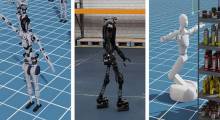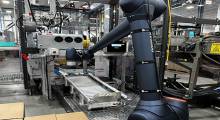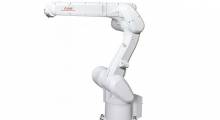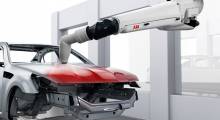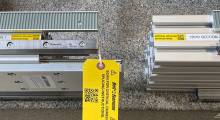Working with artificial intelligence entails feeding data to a machine whereas humans are more flexible and creative in thinking. What makes us human is the ability to anticipate what might go wrong. It is vital to teach humans how to interact with machines and how machine conversations should be done. AI is a tool humans can use to design better products. Working with artificial intelligence can potentially mean significant job creation over the next decade.
AI is shifting the way we interact with cars, whether it’s helping us master the art of parallel parking by the vehicle doing it on its own, or whether it’s the major technology behind autonomous vehicle testing.
AI also uses predictive algorithms to help us control our comfort at home, and it has changed the way we write emails, shop on Amazon and watch Netflix.
The future of AI will likely fall somewhere in the happier side of the predictions as it continues to evolve and replace mundane work, and as it continues to further dip into knowledge work.
Instead of competing with manmade intelligence and worrying about job security, we can focus our time and energy into enhancing our emotional and human intelligence. We can focus on leveraging the benefits of artificial intelligence to complement us toward our individual and collective pursuits.
A computer can remember things, and it can do the math extremely fast and accurate. It can predict trends, outcomes and potential threats based on patterns and Big Data. However, it cannot invent and innovate like a human can.
A computer can help solve a problem that it knows about or can infer based on data. It cannot think critically like a human.
Sources: Blog materials from Siemens.
About the Author
Press releases may be sent to them via [email protected]. Follow Robotics 24/7 on Facebook
Follow Robotics 24/7 on Linkedin
Article topics
Email Sign Up



